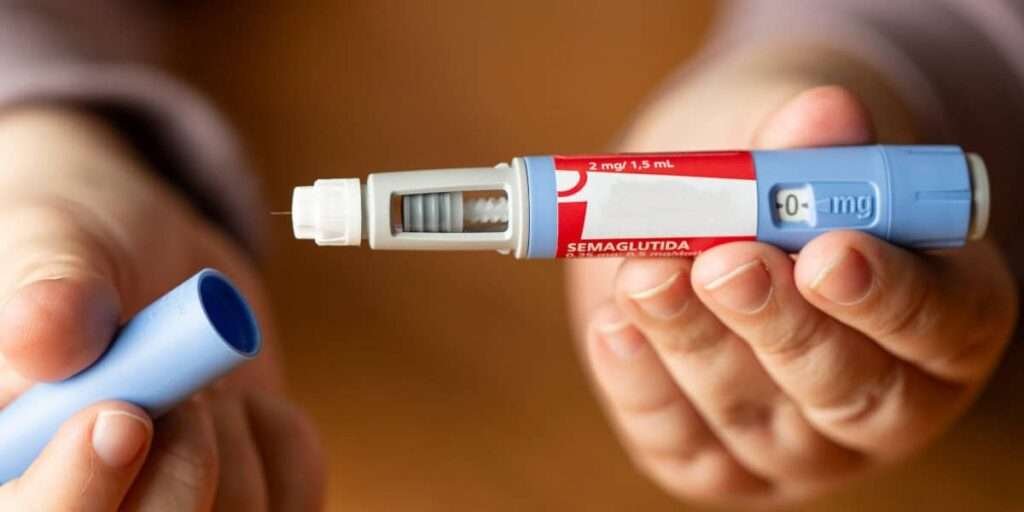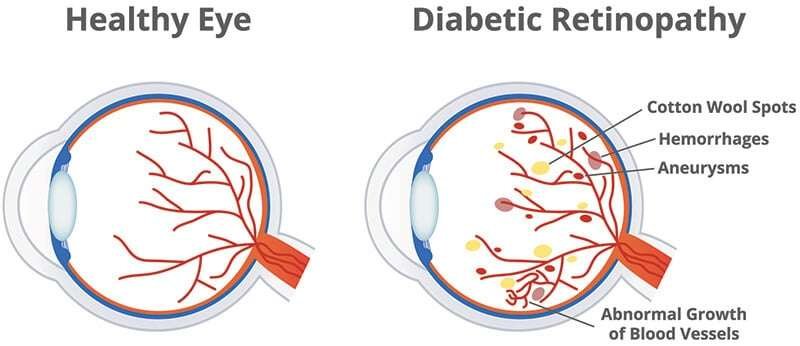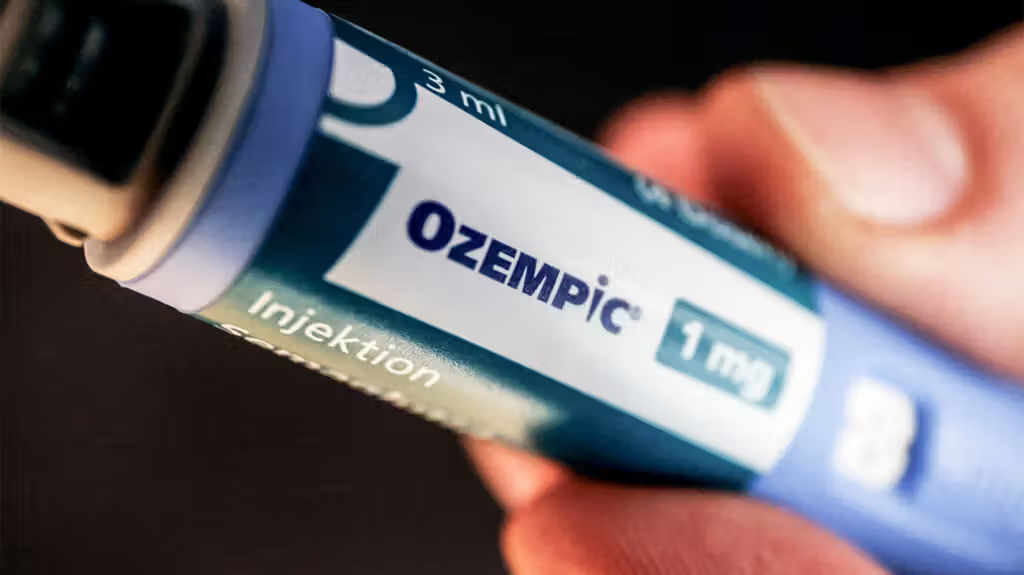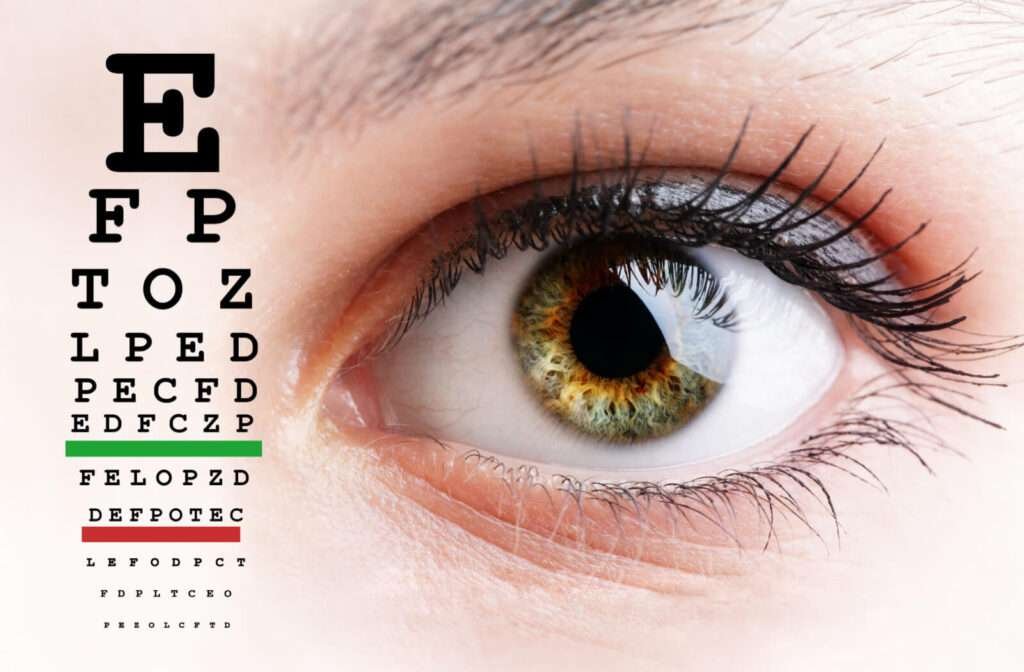In recent years, weight-loss and diabetes medications such as Ozempic, Wegovy, and Mounjaro have become household names. Known as GLP-1 receptor agonists, these drugs help control blood sugar levels and reduce appetite, making them popular for both diabetes management and weight loss.
But alongside their benefits, new research has raised concerns about potential side effects—particularly on eye health. At Mahdi Opticals, our goal is to keep our community informed about how overall health choices can affect your vision.

The Possible Eye Risks of GLP-1 Drugs
Recent studies have suggested that people taking GLP-1 medications may face a small increased risk of developing serious but rare eye conditions:
- NAION (Non-Arteritic Anterior Ischemic Optic Neuropathy): Often called an “eye stroke,” this condition happens when blood flow to the optic nerve is suddenly reduced. It can cause a sudden, painless loss of vision—often noticed first thing in the morning. Unfortunately, there is currently no treatment for NAION, and vision recovery varies from person to person.
- Diabetic Retinopathy: GLP-1 drugs may, in some cases, worsen this condition, especially when blood sugar levels drop too quickly. Diabetic retinopathy occurs when high blood sugar damages blood vessels in the retina, which can lead to bleeding and vision changes.
It’s important to note that these risks are considered very rare. For example, research suggests the chance of developing NAION may be as low as one in 10,000.

What the Latest Studies Say
Two new large-scale studies in the U.S. looked at more than 150,000 people with type 2 diabetes. The results showed:
- Some evidence of a slightly higher risk of NAION among GLP-1 drug users, but less than previously thought.
- A possible link between GLP-1 use and mild increases in diabetic retinopathy cases.
- Interestingly, patients using GLP-1 drugs overall required fewer invasive treatments for diabetic eye disease compared to those on other diabetes medications.
In other words, while there are potential risks, there may also be protective benefits—so the evidence isn’t yet conclusive. More research is still needed.
What This Means for You
If you are taking (or considering taking) weight-loss or diabetes medications like Ozempic:
- Schedule regular eye exams. Early detection is key for conditions like diabetic retinopathy.
- Report changes quickly. If you experience sudden vision loss, dark spots, or blurred vision, see an eye care professional immediately.
- Discuss your risks. People with diabetes, sleep apnea, high blood pressure, or a family history of eye conditions should talk to their doctor before starting GLP-1 drugs.
- Take care of overall health. Managing blood pressure, cholesterol, and blood sugar not only protects your heart—it also protects your eyes.
Conclusion
GLP-1 medications like Ozempic have changed the way doctors treat diabetes and obesity, but like all medications, they come with risks. The best approach is balance and awareness. With regular eye exams and open communication with your doctor, you can continue to take care of both your overall health and your vision.
At Mahdi Opticals, we offer comprehensive eye tests that can help detect early signs of optic nerve and retinal changes. If you’re using weight-loss or diabetes medications, let us know during your visit so we can tailor your eye care accordingly.
Visit us at Adlife Plaza, Kilimani
Call 0742 000 498 for inquiries


